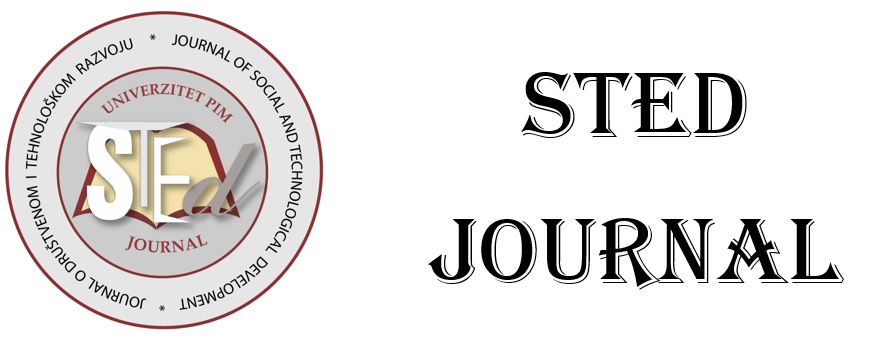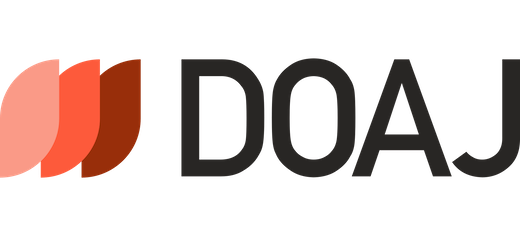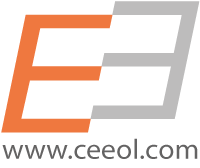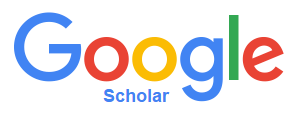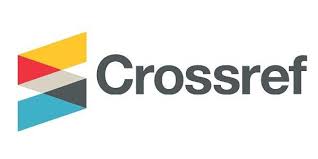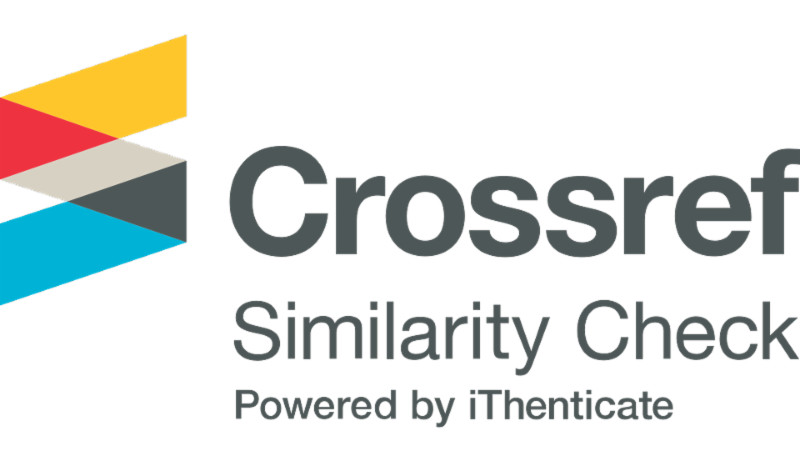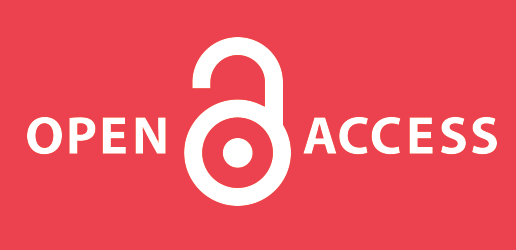
More articles from Volume 5, Issue 2, 2023
ANALYSIS OF RELATIONSHIPS BETWEEN TEACHERS' ATTITUDES ON CHANGES IN EDUCATION, IDENTIFICATION WITH SCHOOL AND JOB SATISFACTION IN SCHOOL
SOCIAL MEDIA IN THE SHIPPING INDUSTRY: THE INTENSITY AND CONTENT OF THE MARKETING ACTIVITIES
DETERMINING THE SIGNIFICANCE OF THE QUALITY DIMENSION OF BANKING SERVICES IN CROATIA BASED ON THE SERVQUAL MODEL
MARKET RESEARCH AS A STARTER OF THE DEVELOPMENT OF REHABILITATION ENTERPRISES
ANALYSIS OF HARMONIZATION OF REGULATIONS OF THE EUROPEAN UNION AND BOSNIA AND HERZEGOVINA IN THE FIELDS OF ELECTRONIC COMMUNICATIONS AND ELECTRONIC MEDIA
Article views
ANALYSIS OF HARMONIZATION OF REGULATIONS OF THE EUROPEAN UNION AND BOSNIA AND HERZEGOVINA IN THE FIELDS OF ELECTRONIC COMMUNICATIONS AND ELECTRONIC MEDIA
Pravni fakultet, Univerzitet za poslovni inženjering i menadžment , Banja Luka , Bosnia and Herzegovina
Pravni fakultet, Univerzitet za poslovni inženjering i menadžment , Banja Luka , Bosnia and Herzegovina
Received: 21.10.2023.
Accepted: 15.11.2023. >>
Published: 29.11.2023.
Volume 5, Issue 2 (2023)
pp. 62-73;
Abstract
The laws in Bosnia and Herzegovina that partially regulate the subject areas are outdated, long since overcome and almost completely non-functional, which effectively prevents the introduction of new technologies, which are becoming more and more convergent day by day with the development of digital services that are based on various types of electronic communication infrastructure. This type of legislation in Bosnia and Herzegovina discourages investors from investing in the development of communication infrastructure, which ultimately leads to limited service or lowquality service for the citizens of Bosnia and Herzegovina. High-quality and modern regulation of the field of electronic communications is achieved first of all so that all legislative levels in Bosnia and Herzegovina, in accordance with their constitutional competences, pass complex and detailed laws that will regulate the field of electronic communications, following the example of the legislative achievements of the European Union in this areas. Bearing in mind the past experiences in Bosnia and Herzegovina, probably a more functional way is for all legislative levels in Bosnia and Herzegovina, in accordance with their constitutional competences, to pass laws that will regulate the field of electronic communications in such a way as to prescribe the basic principles and basic frameworks of regulation this area, again following the example of the legislative achievements of the European Union in this area.
Keywords
References
Citation
Copyright
All papers are licensed under a Creative Commons Attribution 4.0 International License.
Article metrics
The statements, opinions and data contained in the journal are solely those of the individual authors and contributors and not of the publisher and the editor(s). We stay neutral with regard to jurisdictional claims in published maps and institutional affiliations.
